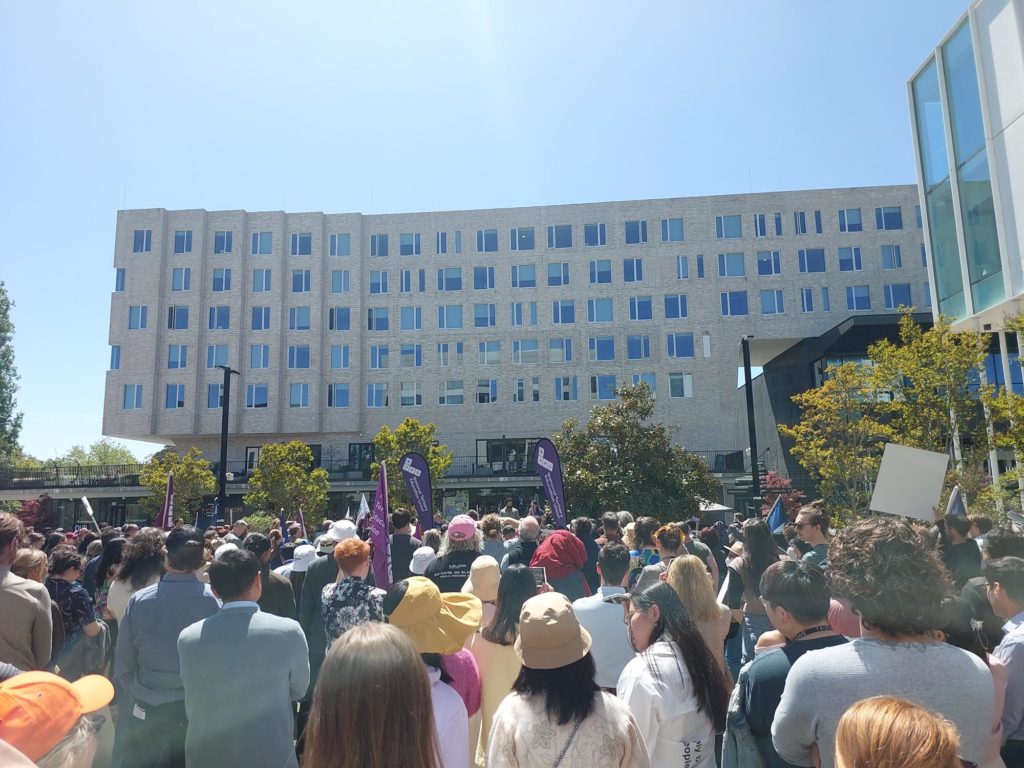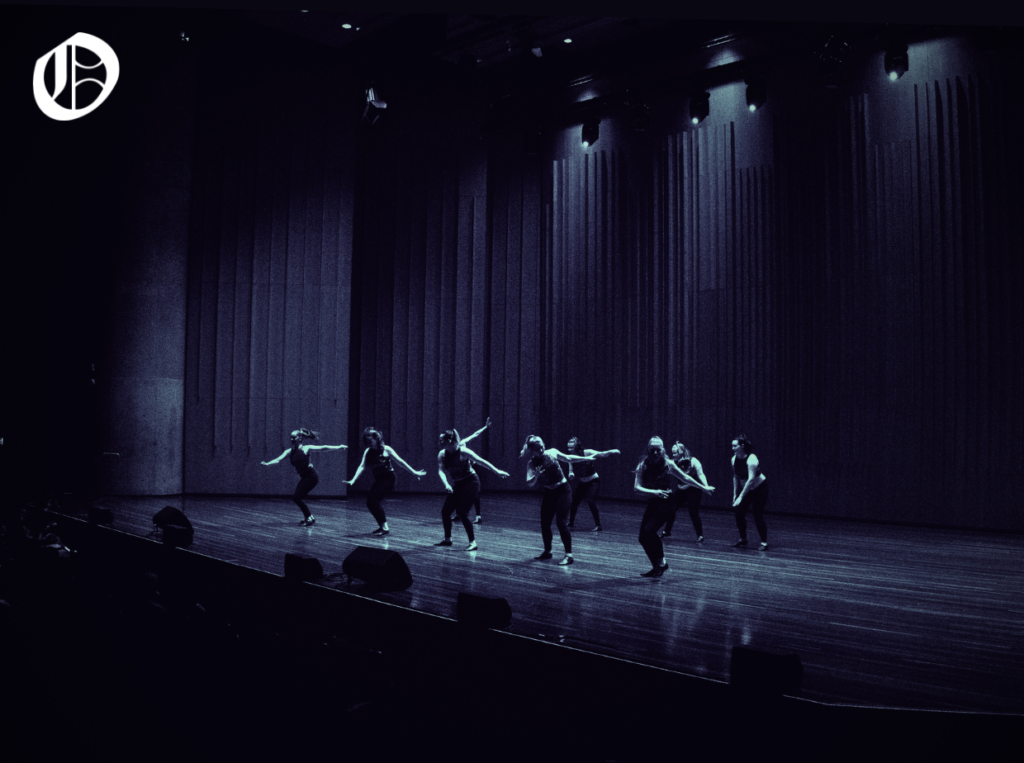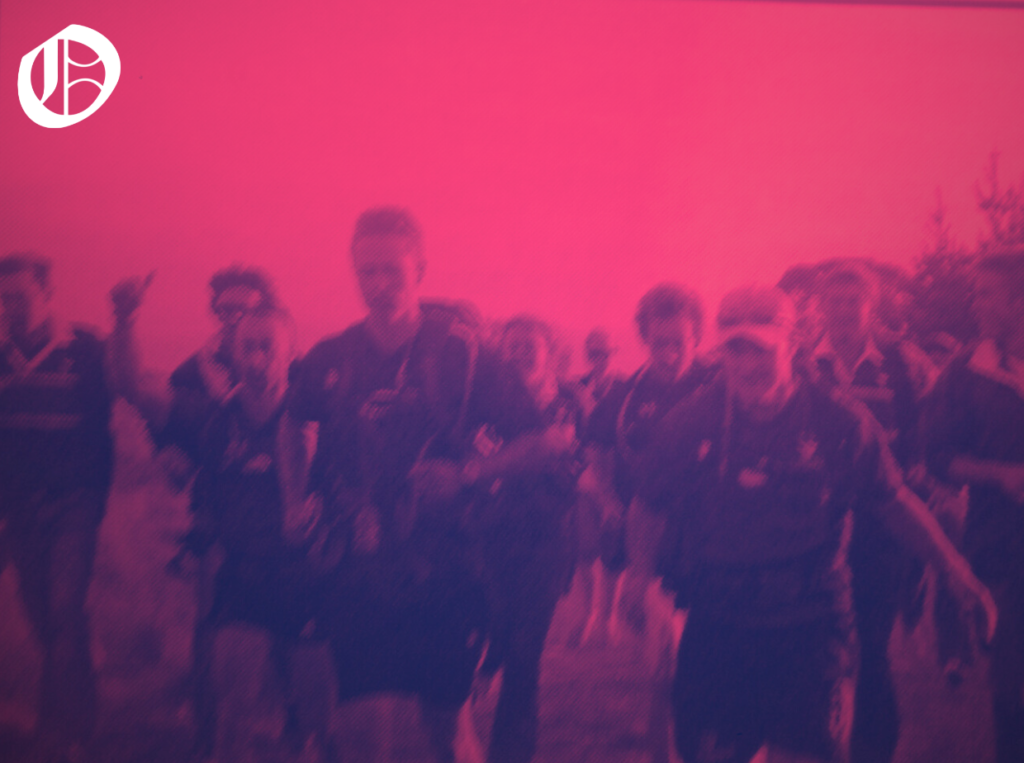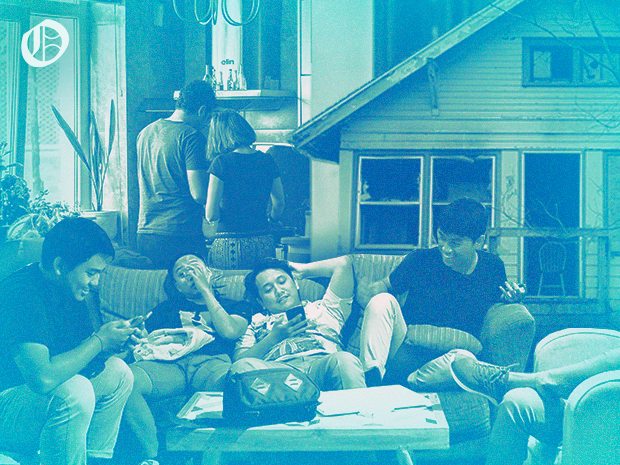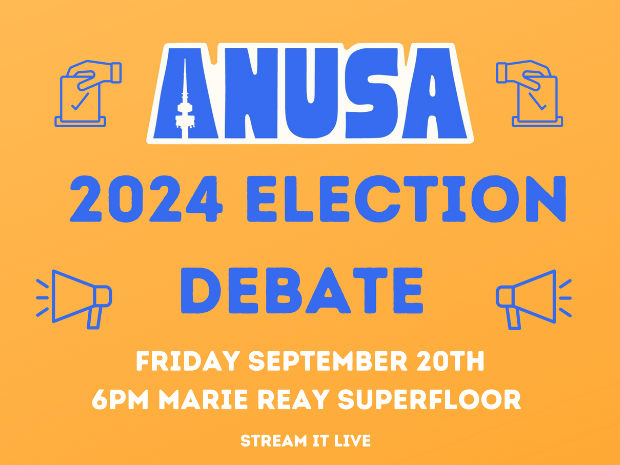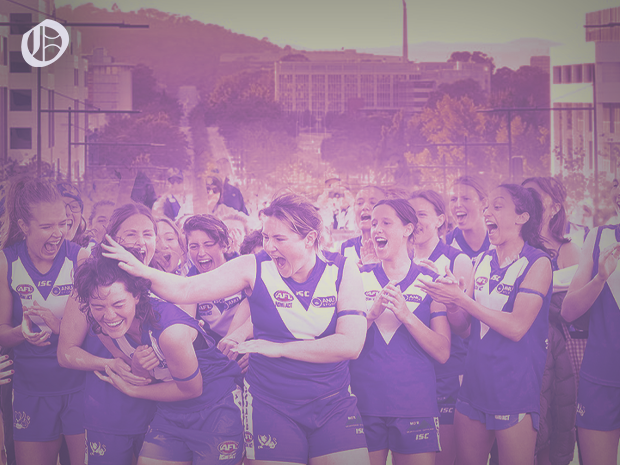“A National Shame”: Students Demand Change Following AHRC Report
Content warning: this article contains discussion of sexual assault and sexual harassment
ANU students demanded to be heard and supported at the ‘Speak Out and Sit-in’ event today. The demonstration was a response to the AHRC report on university sexual violence, with ANUSA and PARSA also formally presenting 15 demands to the University.
A number of survivors and student representatives spoke out at the event outside Chancellery, which had more than 50 staff and students in attendance. While some expressed satisfaction at the University’s response to the survey, many were unhappy that it has taken until this point. ANU student and NUS Welfare Officer Jill Molloy said that for decades, representatives “have time and time again asked for this [sexual violence at universities] to be addressed.” “Our national university: a national shame,” ANUSA President James Connolly said, “we shouldn’t have had to wait for a national survey to tell us what we already know.” PARSA Women’s Officer Nathalie Blake echoed this. To Vice Chancellor Brian Schmidt’s labelling of the results as “shocking”, she responded, “we as student representatives were not shocked by the insights it provided – it’s merely reinforced what we already knew.”
ANUSA Women’s Officer Holly Haoyi Zhang emphasised that the day was about listening to survivors, not just institutional shortcomings. Connolly echoed this in his speech, addressing fellow survivors: “No one is allowed to deny the validity of your experience based on who you are and where you come from.” The University seemed to agree with this focus, with Pro-Vice Chancellor (Student Experience) Richard Baker declining to give comment to the media in order to not draw attention away from the demonstrators.
Zhang said ANU has committed to meeting “some, but not all” of ANUSA and PARSA’s demands. The demands utilise input from Restorative ANU, a variety of external advocacy groups, and the ANUSA Departments. The 15 recommendations are separated into short term (in the next six months), medium term (six months to two years), and long term (two to five years). Each goal has one to four Key Performance Indicators (KPIs), against which the University’s progress can be measured. “Stay tuned in the next month,” Zhang said, to see ANUSA hold ANU accountable against the KPIs for the demands.
The University has also promised to “fully implement” the nine recommendations made in the AHRC report. These include an audit of counselling services, which is notable as some speakers drew attention to long wait times and poor handling at the Counselling Centre. Overlapping with the student demands, the report also recommends making services better known, training for staff and students who may receive disclosures, and a review of Residential Halls.
Some students consider these measures not only too late, but also too little. For instance, Brian Schmidt has apologised to survivors and for any incidents of mishandling, which was one of the student demands. However, Connolly argued this was not adequate. “An apology only means something if you look a survivor in the eye, listen to their story and realise the scale of the mistakes that have been made,” he said. While he was happy that the Academic Board approved a student partnership agreement – one of the long-term student demands – Connolly said this “must have its remit expanded” to ensure true partnership. “The only way to repair their relationship with students, is for the ANU to directly address each of our demands in detail,” Zhang said.
The demonstrators vowed to continue pressuring the university to support survivors, improve policies, and make amends. “Today is not the end of the fight, but in fact is just the beginning,” Molloy said.
If you have been sexually assaulted, or affected by a sexual assault, support is available:
The Graneek Room – Chifley Library (9am-5pm Tuesday, 12pm-5pm Wednesday-Friday this week)
Canberra Rape Crisis Centre: (02) 6247 2525 (7am-11pm)
1800 RESPECT (24/7)
ANU Counselling: 02 6125 2442 (9am-5pm, Mon-Fri)

